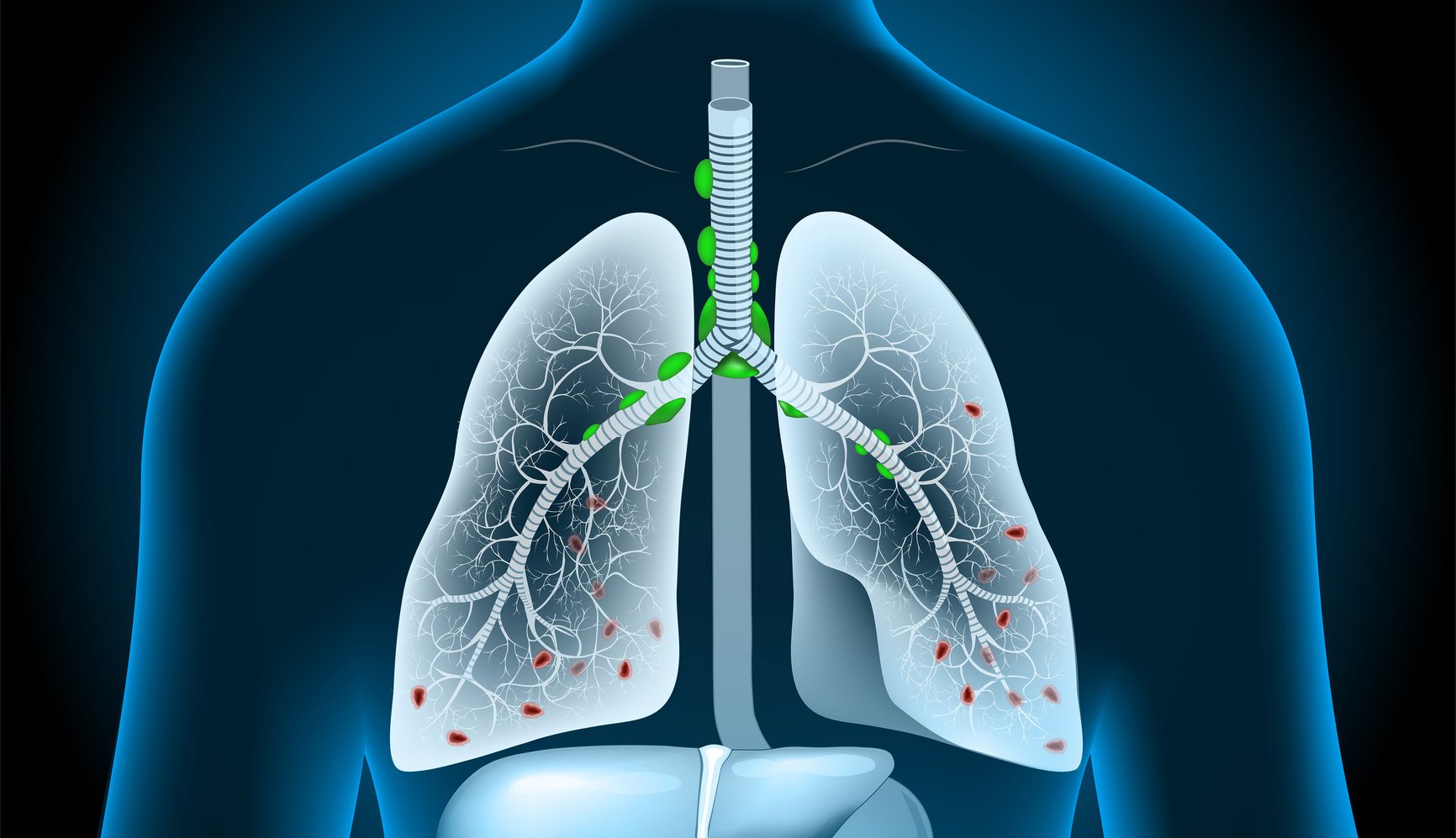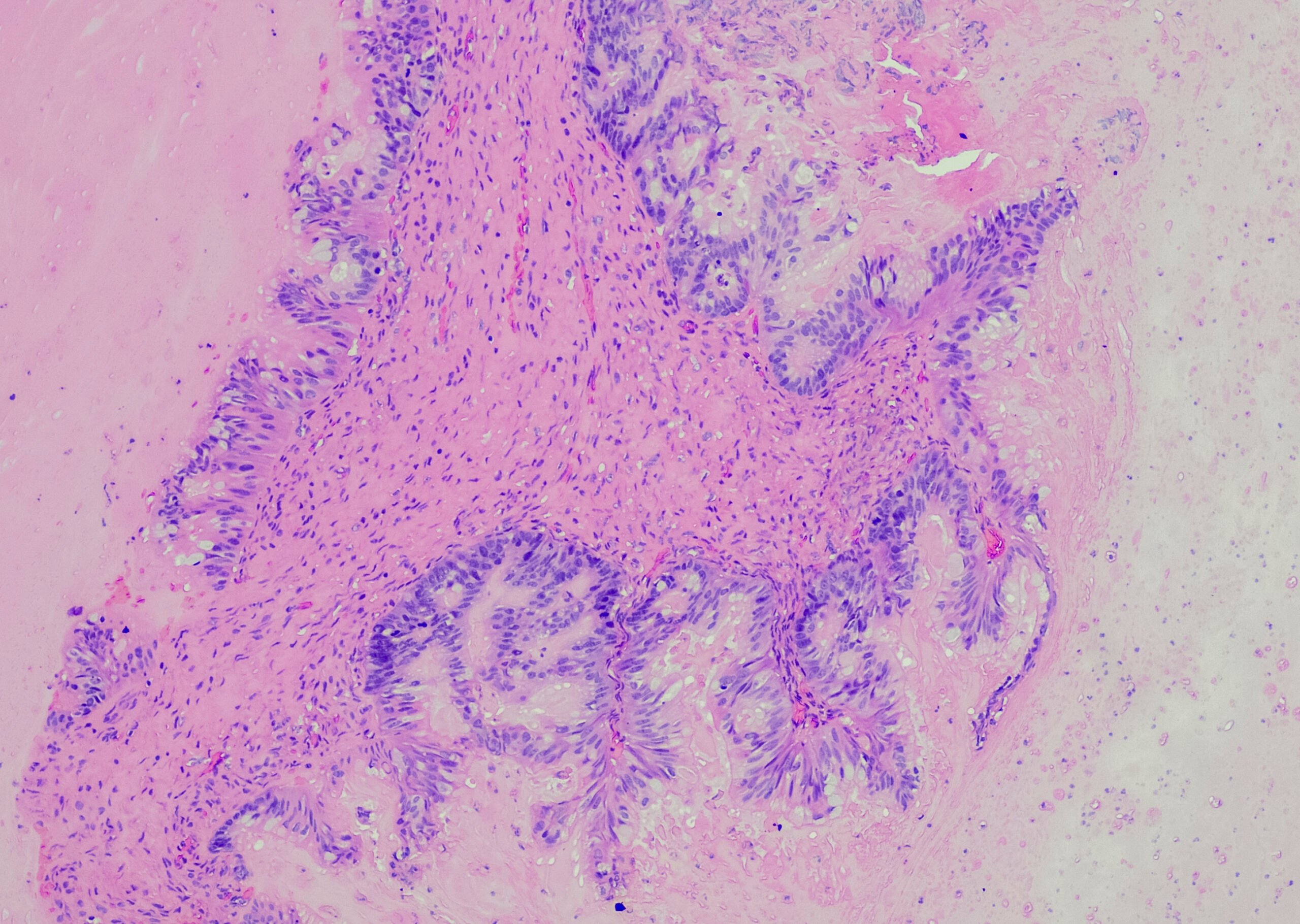Patients with physical illnesses such as a stroke, diabetes mellitus, oncological diseases or even tinnitus are usually treated adequately – at least as far as the physical complaints are concerned. Far too often, however, the mental state is disregarded. However, depression is not at all uncommon among people with physical illnesses.
With a severe flu, diabetes mellitus or tinnitus, you will be well taken care of by your trusted doctor. The immune system is strengthened, the blood sugar is adjusted and the ear noises are treated as effectively as possible, depending on the trigger. Consultation with a neurologist/psychiatrist, on the other hand, is not on the to-do list. Why should they – after all, only the body is affected. But this very thought is a fallacy, as it turns out. Compared to healthy people, patients with physical illnesses are twice as likely to develop psychological problems as well. First and foremost, depression (tab. 1). This is then often a reaction to the physical, but also the accompanying mental stress. Chronic pain, limitations in resilience or even the fear of losing one’s job or financial worries can play a role here. In addition, pharmacological interventions used in the context of physical illness may also have psychological effects. Chemotherapeutic agents, interferons, cortisone preparations and beta blockers in particular are suspected of triggering depression.

To date, it has not been fully researched why physical illnesses can lead to depression. The cause could be certain behavioral patterns, hormonal mechanisms or even inherited genes. Basically, almost half of all people experience a mental illness at some point in their lives. Women are affected more frequently than men. In addition to anxiety disorders, somatoform disorders, and alcohol abuse, this includes depression. It is thus one of the most common mental illnesses and is not only associated with a persistently depressed mood, listlessness and loss of interest. The majority of those affected also harbor suicidal thoughts sooner or later. Therefore, fast and effective treatment is essential.
Match therapy to underlying disease
The therapy of depression must be within the treatment regime of the physical complaints and therefore individually adapted to the circumstances. If pharmacotherapy is assumed to be causative, the drug should be replaced by another drug with fewer side effects, if possible. Otherwise, the choice of antidepressant depends on the underlying disease and possible interaction potentials. Older generations of antidepressants, for example, often result in cardiovascular symptoms. Therefore, tricyclic antidepressants should not be used in patients receiving cardiac therapy. Newer generation drugs such as selective serotonin reuptake inhibitors, selective norepinephrine reuptake inhibitors, dual selective serotonin-norepinephrine reuptake inhibitors, norepinephrine and specific serotonergic antidepressants, or monoamine oxidase inhibitors are much better positioned. Nevertheless, they differ in terms of their side effects and potential interaction profile, so careful consideration should be made in advance and close monitoring during treatment.
A systematic review with network meta-analysis categorized the different agents according to their efficacy and tolerability. Accordingly, vortioxetine, agomelatine, amitriptyline, escitalopram, mirtazapine, paroxetine, and venlafaxine in particular proved superior to other antidepressants in their effects. In terms of tolerability, vortioxetine, agomelatine, citalopram, escitalopram, fluoxetine, and sertraline scored well. The highest discontinuation rates were observed among amitriptyline, clomipramine, duloxetine, fluvoxamine, reboxetine, trazodone, and venlafaxine. The experts identified vortioxetine, agomelatine and escitalopram as both the most effective and most tolerable substances.
Further reading:
- www.neuropraxis-ffm.de/depression-bei-korperlichen-erkrankungen/ (last accessed 11.11.2020)
- www.psychosoziale-gesundheit.net/pdf/Int.1-Depression_und_koerperliche_Krankheit.pdf (last accessed 11.11.2020)
- Anderson RJ, Freedland KE, Clouse RE, Lustman P: The Prevalence of Comorbid Depression in Adults With Diabetes. Diabetes Care 2001; 24(6): 1069-1078.
- Pieper L, Schulz H, Klotsche J, et al: Depression as a comorbid disorder in primary care. Bundesgesundheitsbl – Gesundheitsforsch – Gesundheitsschutz 2008; 51: 411-421.
- Cipriani A, Furukawa TA, Salanti G, et al: Comparative efficacy and acceptability of 21 antidepres-sant drugs for the acute treatment of adults with major depressive dis -order: a systematic review and network meta-analysis. Lancet 2018; 391(10128): 1357-1366.
InFo NEUROLOGY & PSYCHIATRY 2020; 18(6): 18.











